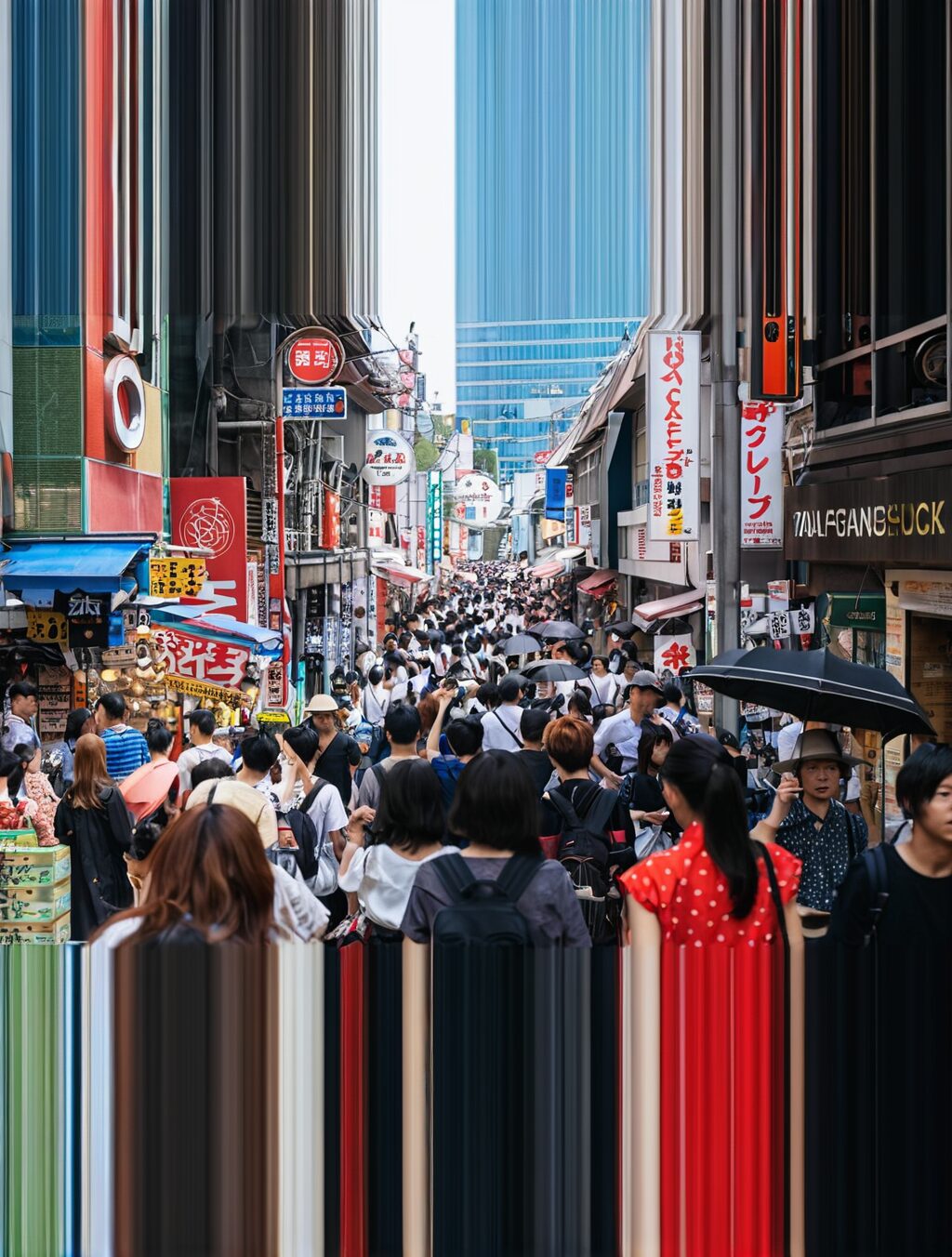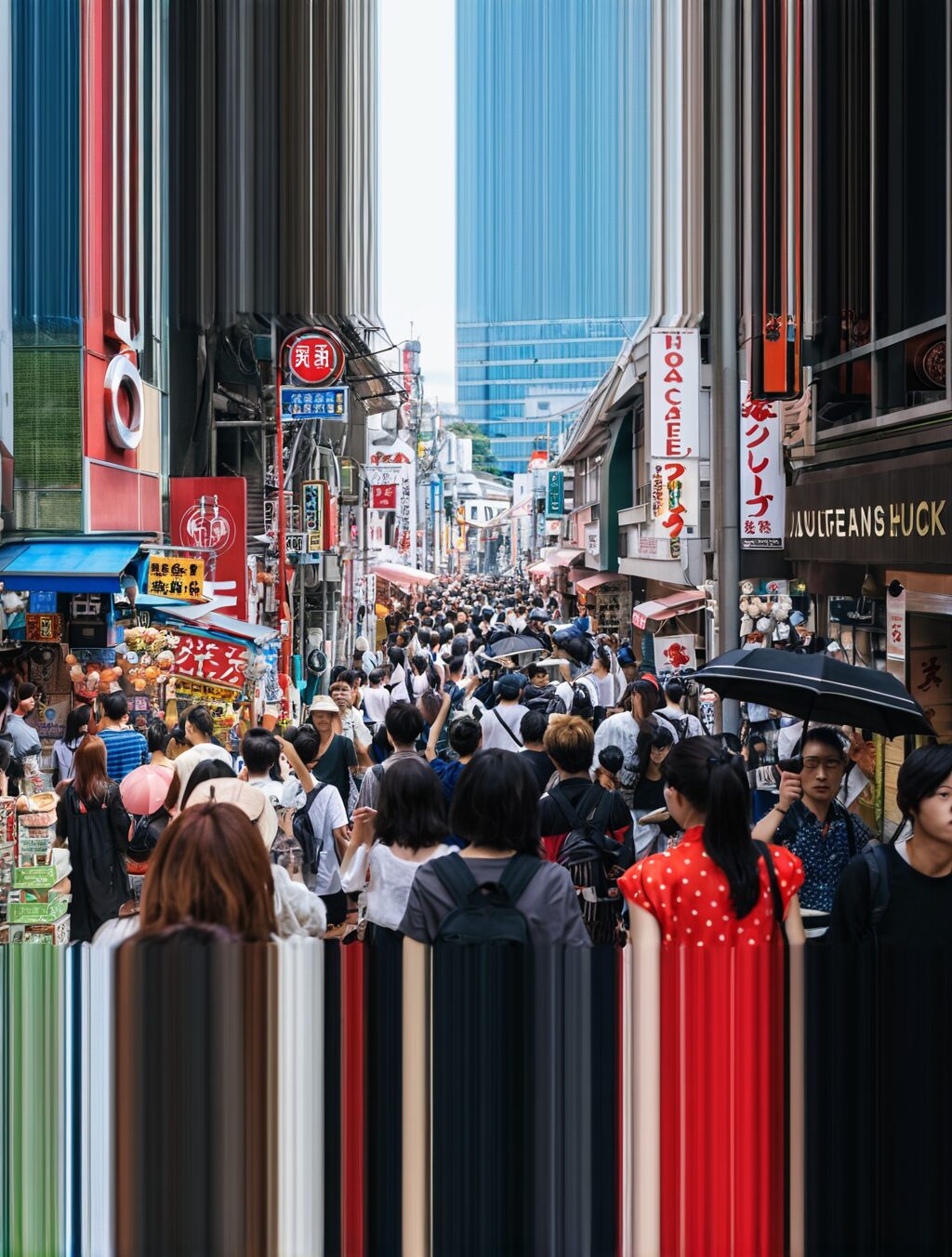Culture Shock Japan: A Guide for Navigating the Transition
Win a Free Trip to Japan!
Experience cherry blossoms and ancient temples
Culture shock is a common experience for people who move to a new country. It can be a challenging time, but it can also be an exciting and rewarding one. If you’re planning on moving to Japan, it’s important to be aware of the potential for culture shock and to take steps to prepare for it.
What is Culture Shock?
Culture shock is the feeling of disorientation and confusion that can occur when you move to a new country. It can be caused by a number of factors, including differences in language, customs, and values. Symptoms of culture shock can include:
- Feeling homesick
- Feeling isolated
- Having difficulty adjusting to the new culture
- Experiencing anxiety or depression
Reverse Culture Shock
When you return to your home country after living in Japan, you may experience reverse culture shock. This can be just as challenging as culture shock, as you may find that you have difficulty adjusting to your old life. Symptoms of reverse culture shock can include:
- Feeling like a stranger in your own country
- Having difficulty understanding your own culture
- Feeling isolated from your friends and family
How to Prepare for Culture Shock
There are a number of things you can do to prepare for culture shock:
- Do your research. Learn as much as you can about Japan before you move there. This will help you to understand the culture and to avoid making any major faux pas.
- Be open-minded. Be willing to try new things and to learn about new cultures. This will help you to adjust more quickly to your new life.
- Make an effort to learn the language. This will help you to communicate more effectively with the locals and to understand their culture.
- Get involved in the community. This will help you to meet new people and to learn more about Japan.
- Be patient. It takes time to adjust to a new culture. Don’t get discouraged if you experience culture shock. Just keep trying and you will eventually adjust.
FAQs
- What are some of the most common culture shocks that people experience in Japan?
- Some of the most common culture shocks that people experience in Japan include:
- The language barrier
- The different customs and etiquette
- The collectivist culture
- The high cost of living
- How long does culture shock usually last?
- The length of time that culture shock lasts varies from person to person. Some people may experience it for a few weeks, while others may experience it for several months or even years.
- What are some tips for coping with culture shock?
- Some tips for coping with culture shock include:
- Talking to other people who have experienced culture shock
- Joining a support group
- Seeking professional help
Conclusion
Culture shock is a common experience for people who move to a new country. It can be a challenging time, but it can also be an exciting and rewarding one. By being prepared for culture shock and by taking steps to cope with it, you can make the transition to your new life as smooth as possible.
culture shock japanese word
## Culture Shock Japan: A Guide for Navigating the Transition
Culture shock is a common experience for people who move to a new country. It can be a challenging time, but it can also be an exciting and rewarding one. If you’re planning on moving to Japan, it’s important to be aware of the potential for culture shock and to take steps to prepare for it.
What is Culture Shock?
Culture shock is the feeling of disorientation and confusion that can occur when you move to a new country. It can be caused by a number of factors, including differences in language, customs, and values. Symptoms of culture shock can include:
- Feeling homesick
- Feeling isolated
- Having difficulty adjusting to the new culture
- Experiencing anxiety or depression
Reverse Culture Shock
When you return to your home country after living in Japan, you may experience reverse culture shock. This can be just as challenging as culture shock, as you may find that you have difficulty adjusting to your old life. Symptoms of reverse culture shock can include:
- Feeling like a stranger in your own country
- Having difficulty understanding your own culture
- Feeling isolated from your friends and family
How to Prepare for Culture Shock
There are a number of things you can do to prepare for culture shock:
- Do your research. Learn as much as you can about Japan before you move there. This will help you to understand the culture and to avoid making any major faux pas.
- Be open-minded. Be willing to try new things and to learn about new cultures. This will help you to adjust more quickly to your new life.
- Make an effort to learn the language. This will help you to communicate more effectively with the locals and to understand their culture.
- Get involved in the community. This will help you to meet new people and to learn more about Japan.
- Be patient. It takes time to adjust to a new culture. Don’t get discouraged if you experience culture shock. Just keep trying and you will eventually adjust.
FAQs
Q: What are some of the most common culture shocks that people experience in Japan?
- A: Some of the most common culture shocks that people experience in Japan include:
- The language barrier
- The different customs and etiquette
- The collectivist culture
- The high cost of living
Q: How long does culture shock usually last?
- A: The length of time that culture shock lasts varies from person to person. Some people may experience it for a few weeks, while others may experience it for several months or even years.
Q: What are some tips for coping with culture shock?
- A: Some tips for coping with culture shock include:
- Talking to other people who have experienced culture shock
- Joining a support group
- Seeking professional help
Conclusion
Culture shock is a common experience for people who move to a new country. It can be a challenging time, but it can also be an exciting and rewarding one. By being prepared for culture shock and by taking steps to cope with it, you can make the transition to your new life as smooth as possible.
Keywords: culture shock, Japan, reverse culture shock, culture shock survival guide
reverse culture shock japan
## Culture Shock Examples in Japan
Culture shock is the feeling of disorientation and confusion that can occur when you move to a new country. It can be caused by a number of factors, including differences in language, customs, and values.
Here are some common examples of culture shock that people experience in Japan:
- The language barrier. Japanese is a very different language from English, and it can be difficult to learn. This can make it difficult to communicate with locals and to understand Japanese culture.
- The different customs and etiquette. Japan has a very different set of customs and etiquette than Western countries. For example, it is considered rude to blow your nose in public, and you should always take off your shoes before entering someone’s home.
- The collectivist culture. Japan is a collectivist culture, which means that the group is more important than the individual. This can be difficult for people from individualistic cultures to adjust to.
- The high cost of living. Japan is a very expensive country to live in. This can be a shock for people who are used to living in a more affordable country.
Going to Japan: Culture Shock
If you’re planning on going to Japan, it’s important to be aware of the potential for culture shock. Here are some tips for coping with culture shock:
- Do your research. Learn as much as you can about Japan before you go. This will help you to understand the culture and to avoid making any major faux pas.
- Be open-minded. Be willing to try new things and to learn about new cultures. This will help you to adjust more quickly to your new surroundings.
- Make an effort to learn the language. This will help you to communicate more effectively with the locals and to understand their culture.
- Get involved in the community. This will help you to meet new people and to learn more about Japan.
- Be patient. It takes time to adjust to a new culture. Don’t get discouraged if you experience culture shock. Just keep trying and you will eventually adjust.
Culture Shock Japan Book
There are a number of books available that can help you to learn more about culture shock in Japan. One popular book is “Culture Shock Japan: A Survival Guide to Customs and Etiquette” by Robert Whiting. This book provides a comprehensive overview of Japanese culture and etiquette, and it can be a valuable resource for anyone who is planning on living or traveling in Japan.
Culture Shock Jepang
Culture shock can be a challenging experience, but it can also be an exciting and rewarding one. By being prepared for culture shock and by taking steps to cope with it, you can make the most of your time in Japan.
culture shock in japan essay
## Japanese Culture Shock
Culture shock is the feeling of disorientation and confusion that can occur when you move to a new country. It can be caused by a number of factors, including differences in language, customs, and values.
Japanese culture is very different from Western culture, so it’s no surprise that many people experience culture shock when they move to Japan. Some of the most common culture shocks that people experience include:
- The language barrier. Japanese is a very different language from English, and it can be difficult to learn. This can make it difficult to communicate with locals and to understand Japanese culture.
- The different customs and etiquette. Japan has a very different set of customs and etiquette than Western countries. For example, it is considered rude to blow your nose in public, and you should always take off your shoes before entering someone’s home.
- The collectivist culture. Japan is a collectivist culture, which means that the group is more important than the individual. This can be difficult for people from individualistic cultures to adjust to.
- The high cost of living. Japan is a very expensive country to live in. This can be a shock for people who are used to living in a more affordable country.
Non-Japanese Speaking Culture Shock in Japan
Culture shock can be even more challenging for people who don’t speak Japanese. This is because language is a key part of culture, and it can be difficult to understand a culture if you can’t communicate with the people who live there.
If you’re planning on moving to Japan and you don’t speak Japanese, it’s important to be prepared for culture shock. Here are some tips:
- Learn as much Japanese as you can before you go. This will help you to communicate more effectively with the locals and to understand their culture.
- Be open-minded and willing to try new things. This will help you to adjust more quickly to your new surroundings.
- Make an effort to get involved in the community. This will help you to meet new people and to learn more about Japan.
- Be patient. It takes time to adjust to a new culture. Don’t get discouraged if you experience culture shock. Just keep trying and you will eventually adjust.
Culture shock can be a challenging experience, but it can also be an exciting and rewarding one. By being prepared for culture shock and by taking steps to cope with it, you can make the most of your time in Japan.



